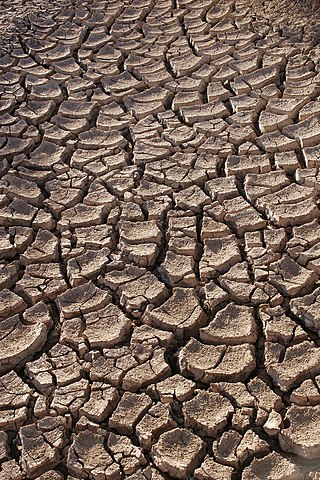
Climate-related disasters, including droughts and hurricanes, are increasing the risk of armed conflicts, suggests a new study carried out by a team of German researchers.
The study found that about one in four violent clashes in ethnically divided countries in past years have coincided with extreme weather events.
“Armed conflicts are among the biggest threats to people, killing some and forcing others to leave their home and maybe flee to faraway countries,” said Prof John Schellnhuber, director of the Potsdam Institute for Climate Impact Research in Germany, who also suggests that the blend of climate disasters and ethnic tensions can create an “explosive mixture.”
“People have speculated about climate links with conflict: some people say yes, some say no. But we find a really robust link,” Schellnhuber said.
The researchers carried out a statistical analysis of armed conflicts and climate-related natural disasters occurring between 1980 and 2010, and tried to quantify how much “ethnically fractionalised” different countries are. The researchers observed that there was 9% coincidence rate between armed conflicts and natural disasters at a global level. However, the coincidence rate increased to about 23% for countries that were divided along ethnic lines. Many countries in Central Asia and Africa were found to be “among the most fractionalised” in the world, and researchers suggest these regions are “potential hot spots of armed-conflict outbreak risk”.
According to the research team, climatological events in Syria and Somalia might have “contributed to armed conflict outbreaks or sustained the conflicts in both countries.”
Dr Carl Schleussner of the Potsdam Institute for Climate Impact Research says climate-related disasters actually don’t directly trigger conflict outbreak, but such disasters have the potential to enhance “the risk of a conflict breaking out which is rooted in context-specific circumstances.”
In a 2011 study, Prof Solomon Hsiang from the University of California Berkeley had concluded that climate changes are linked to 20% of civil wars since 1950.
“The linkage between large-scale climatic changes and violence is a remarkable finding of the last several years and has major implications for societies around the world, both today and in the future,” Prof Hsiang said.
“Recent studies have demonstrated that these patterns hold around the world, throughout human history, and at all scales of social organisation: from violence within families all the way up to full scale civil war,” Hsiang said.
The detailed results of the study have been published in the Proceedings of the National Academy of Sciences.



You must be logged in to post a comment.